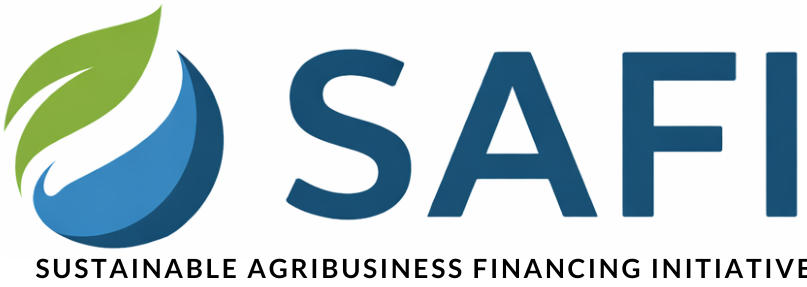The SAFI Initiative
A finance-led platform strengthening enterprises, livelihoods, and food systems

SAFI is a finance-led social venture of the Ohala Africa Foundation, designed as a practical response to a defining challenge of our time: how to align economic activity, institutional integrity, and human dignity within ecological limits.
Grounded in Kenya’s Lake Region, SAFI operates at human scale—where livelihoods, markets, governance, and natural systems are tightly interconnected. It is intentionally structured as a living systems demonstration: a real-world context in which the interaction between finance, institutions, stewardship, and enterprise can be observed, tested, and refined.
Rather than treating finance as an end in itself, SAFI deploys capital as a formative force to strengthen institutions, leadership, and responsibility alongside enterprise growth and more efficient food systems. While rooted in a specific regional context, SAFI is conceived as a platform for learning and engagement, contributing practical insights to national and global conversations on finance, food systems, and institutional renewal.
To learn more about SAFI’s purpose, design, and operating model, download the full SAFI Concept Paper (PDF).
